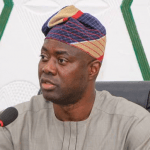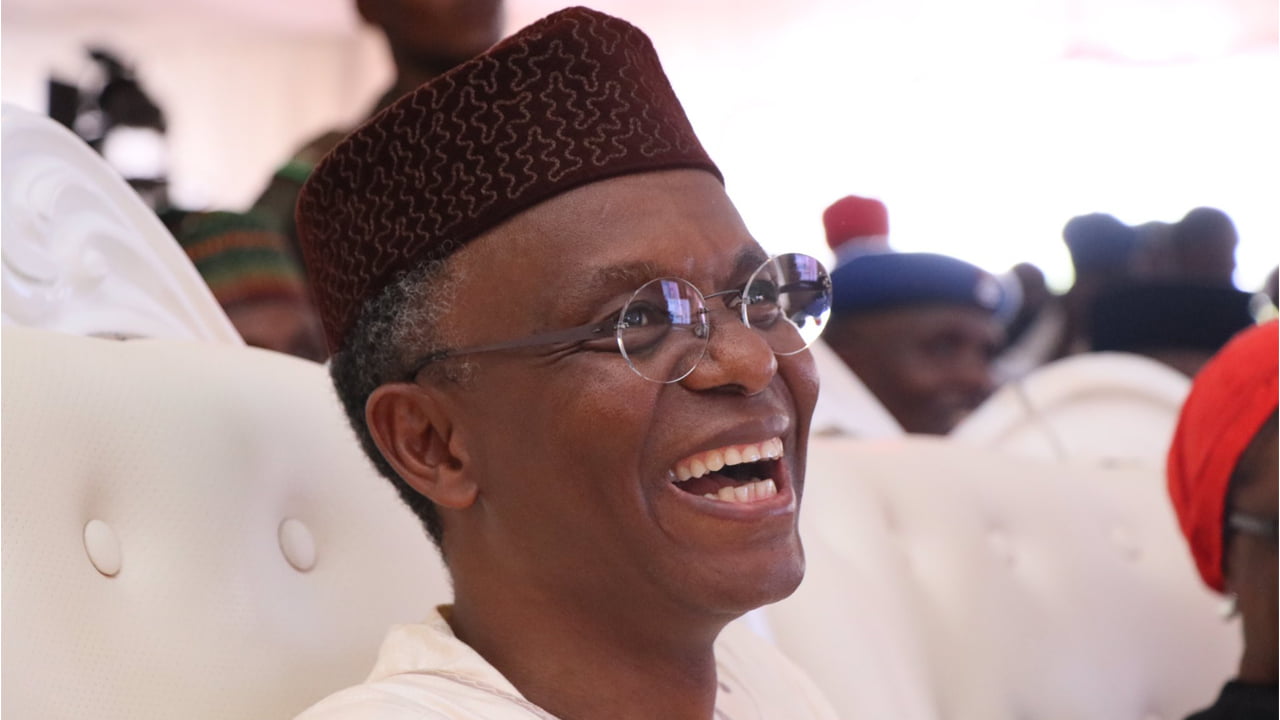A former deputy governor of the Central Bank of Nigeria, Kingsley Moghalu, has said African countries including Nigeria and South Africa should issue reciprocal travel restrictions on the United Kingdom, and other Western nations that have placed Nigeria on red list due to the Omicron COVID-19 variant.
The PUNCH reports that the World Health Organisation had two weeks ago designated the omicron variant as a variant of concern. The Nigeria Centre for Disease Control had last week announced that the country had reported three cases of the variant. Before this, the Canadian government had announced that it found two individuals with the variant who had travel history to Nigeria.
The UK on Saturday night also announced that it found 21 cases of the omicron variant which were linked to Nigeria. It announced that it would, from Monday (today), restrict all flights emanating from Nigeria.
It also suspended all pending visa applications in Nigeria due to the ban on flights from Nigeria due to the Omicron variant.
But the Minister of Health, Dr Osagie Ehanire, on Sunday ruled out the possibility of restricting foreign travellers from visiting Nigeria despite travel bans on the country by Canada, the United Kingdom, Indonesia, Singapore and Hong Kong.
Ehanire described as unfortunate the knee-jerk reaction of some countries to the Omicron strain. He noted that even WHO had said recently that countries should focus more on collaboration rather than shutting borders.
“At the moment we have no plans restricting anybody coming from another country,” he said.
Reacting, Moghalu wrote, “Nigeria and other African countries such as South Africa should issue reciprocal restrictions or bans on any Western countries that restrict or ban travel by Africans because of the Omicron variant of COVID-19.
“It’s unconscionable to subject Africans to restrictions because of a variant that did not originate from the continent when Western countries with similar or more cases are not subject to similar restrictions.
“This is more than public health. It’s about worldviews in international relations. Our dignity matters. Our leaders should protect it instead of as is the case with Nigeria today, travelling around the world with a begging bowl for foreign assistance.”





2 Comments